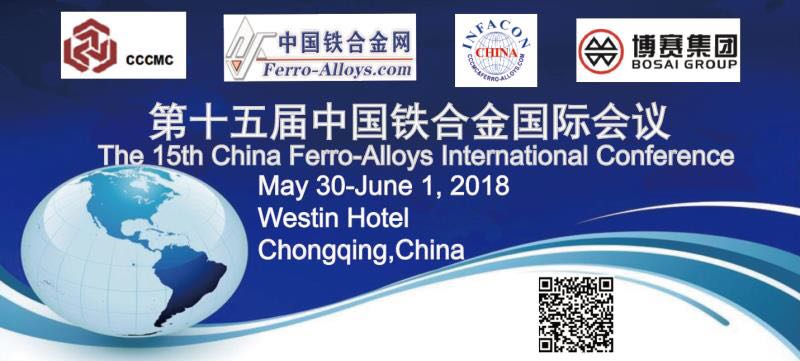[ferro-alloys.com]Negotiations between the US and EU regarding the US' tariffs on steel and aluminum are continuing, with Commerce Secretary Wilbur Ross set to speak with EU Trade Commissioner Cecilia Malmstrom on Tuesday. "We're continuing the discussions," Ross said Monday at a luncheon hosted by the National Press Club in Washington. "I will be talking with her again tomorrow and as we get closer to the June 1 deadline, hopefully we will come to a reasonable conclusion. If not, the tariffs will go into effect."
The US on March 23 began implementing a 25% tariff on steel imports and 10% tariff on aluminum imports as a result of two separate Section 232 investigations launched by Commerce on the effect of these imports on national security. The EU is currently operating under a temporary exclusion to the tariffs, however that is set to expire June 1 unless a longer-term solution is reached.
The US has said trading partners will need to make concessions in order to secure a permanent exemption to the tariffs. In the case of the EU, the administration has said it would like to see more equal trade footing for US automobiles.
When asked if the US would exempt the EU from the tariffs if it agreed to a quota on steel imports, but did not lower its import tariff on automobiles, Ross said it is too soon to say.
"I really think that is a little bit hypothetical," he said. "They haven't yet agreed to anything on either, so I think we'll just have to see what comes from the negotiations."
The EU is currently operating under its second temporary exemption to the tariffs after its first temporary pardon was extended from a prior expiration date of May 1, however Ross said he does not see the US granting exemptions on a one-month basis going forward, unless it is continuing specific negotiations, as in the case with the North American Free Trade Agreement, he said.
"For example, Canada and Mexico also have the postponement until June 1 so depending on where we are with NAFTA on June 1, the president will decide whether or not to extend their situation so it's unforecastable at the moment," Ross said.
There are still a number of big issues related to NAFTA that have yet to be addressed, including rules of origin, the sunset provision, and dispute resolution provisions, Ross said.
Canada has said it will be stepping up its own metals trade enforcement as a result of the US' tariffs, particularly when it comes to rules of origin, which Ross said is necessary to avoid transshipment and successfully target the issue of global overcapacity.
"Part of the theory of why we did both steel and aluminum on such a broad basis is namely the rules of trade are so specific that it's kind of easy to get around them if you don?t have a blanket solution," Ross said. "We have proposed the tariff provision on countries that even sell us little or no steel or aluminum because ewe don?t want them suddenly to become a transshipment vehicle."

- [Editor:王可]



 Save
Save Print
Print Daily News
Daily News Research
Research Magazine
Magazine Company Database
Company Database Customized Database
Customized Database Conferences
Conferences Advertisement
Advertisement Trade
Trade










Tell Us What You Think